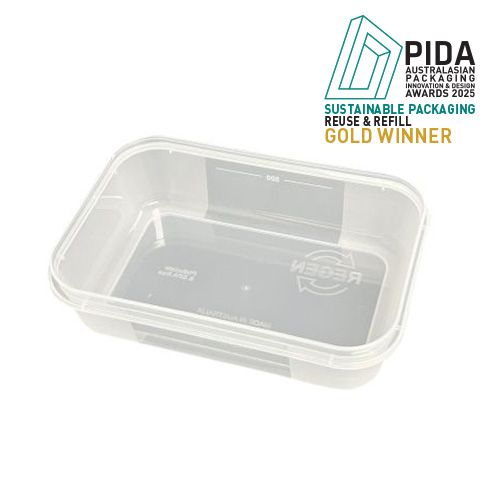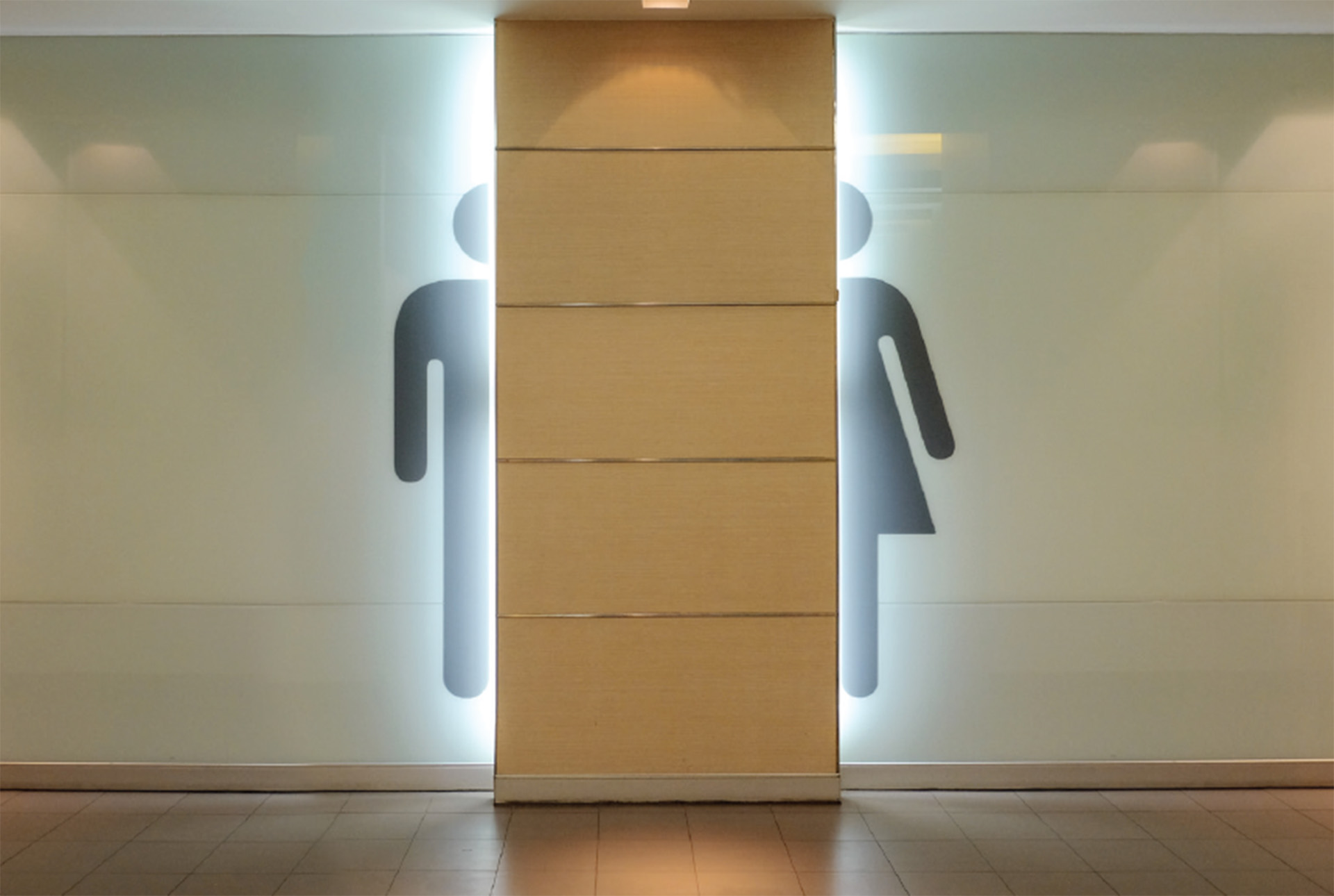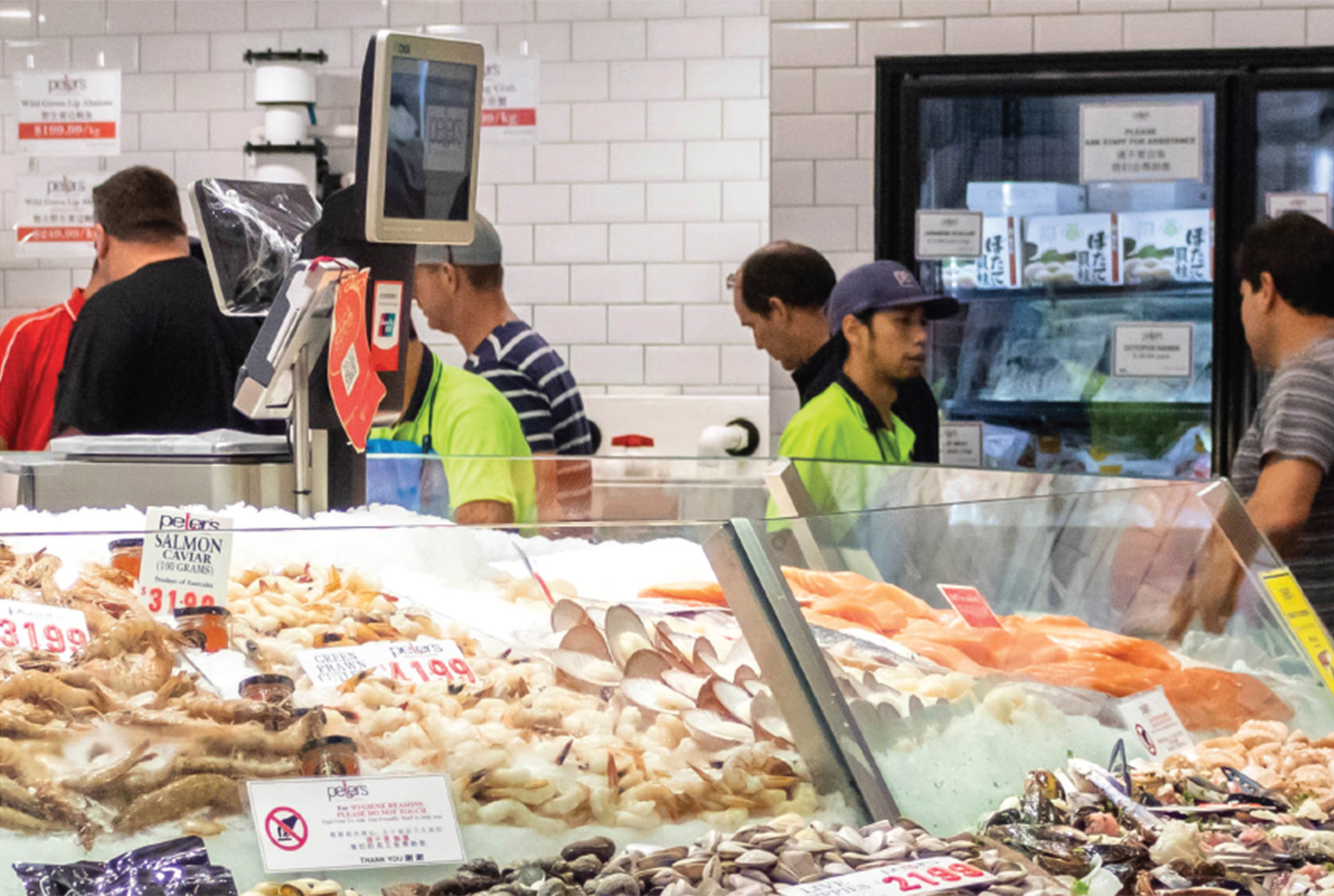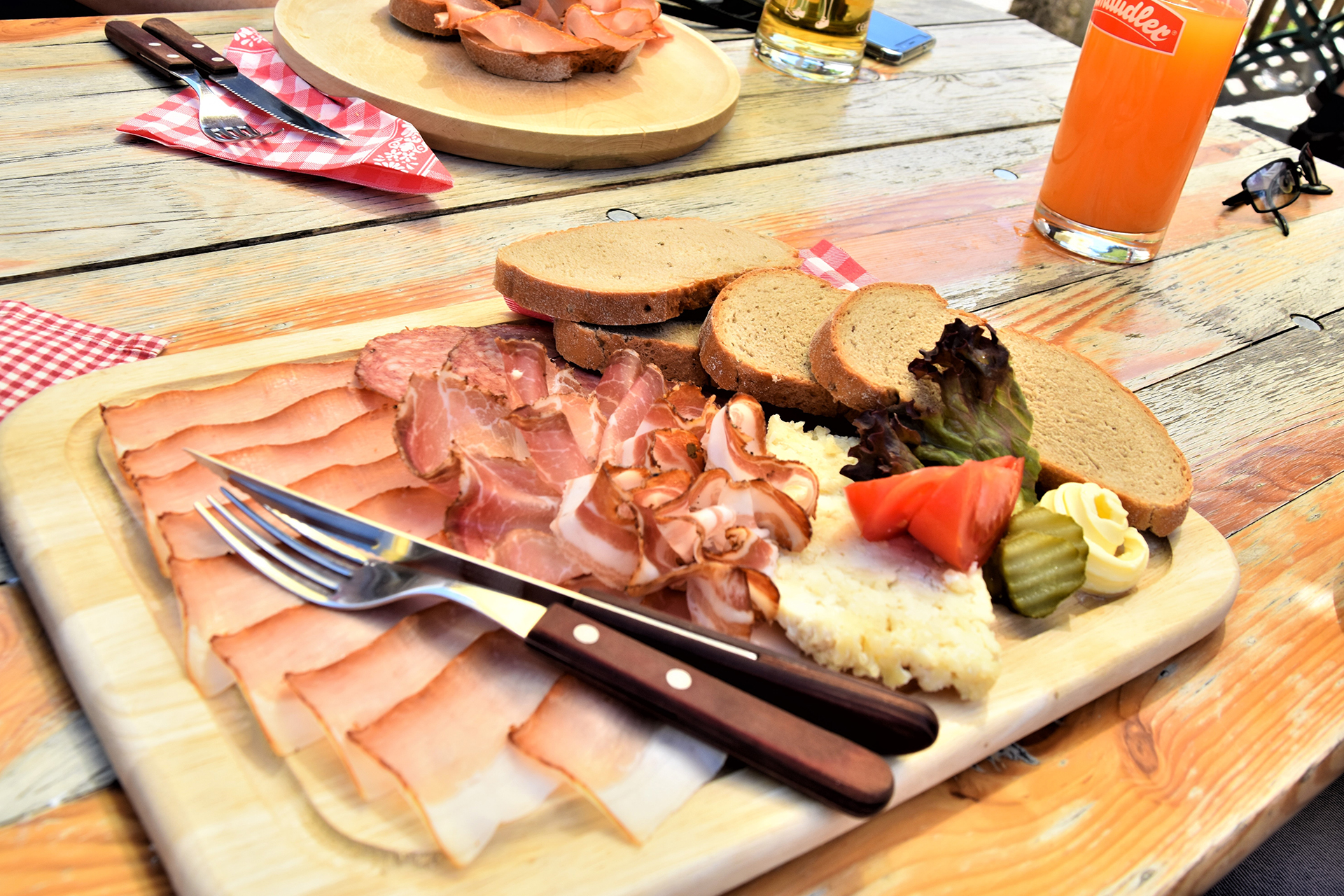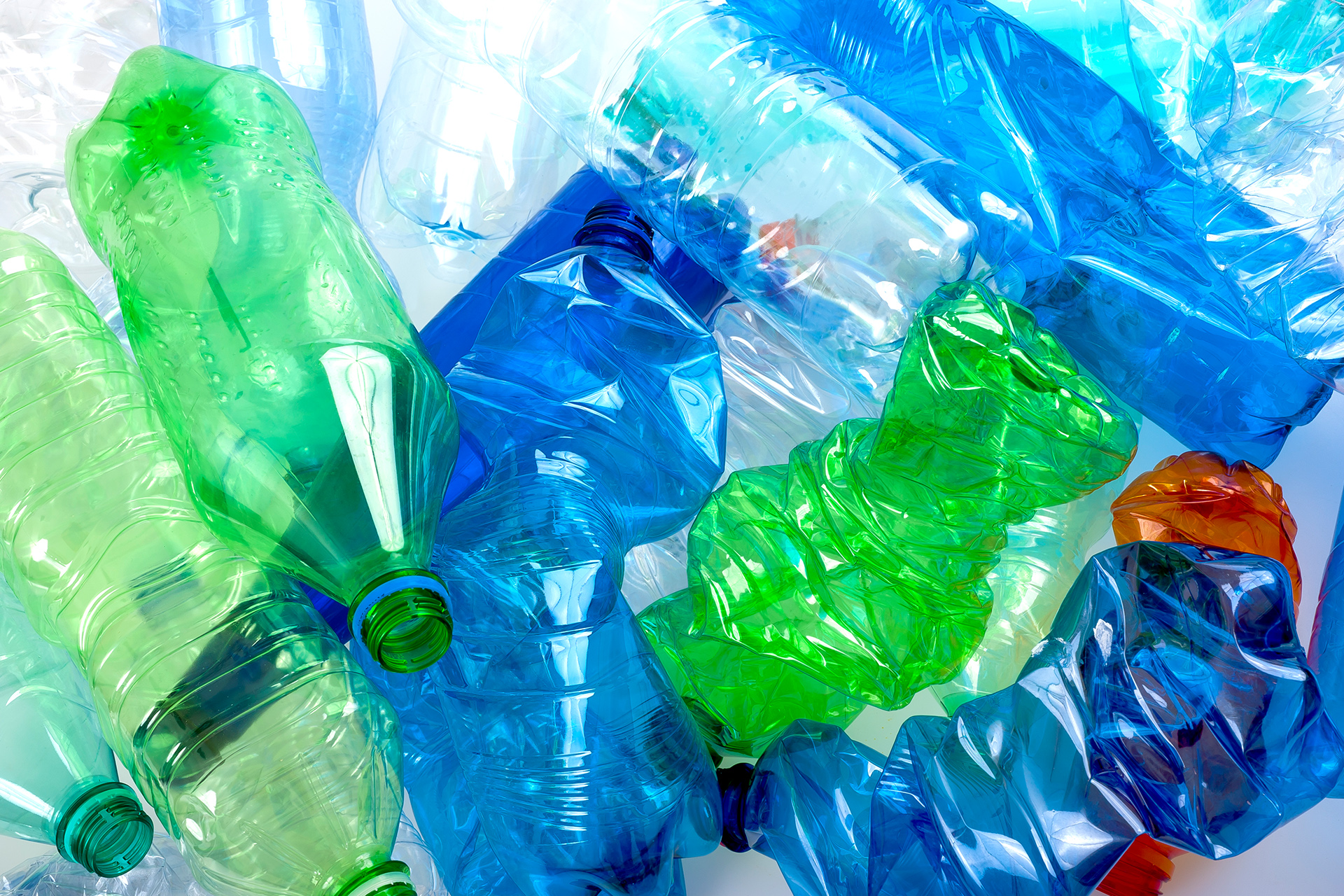By the end of 2024, the Australian mining industry was worth over $407 billion – and it’s only continuing to grow. With approximately 350 rural mining sites operating around the country, these sites are required to have staff on-hand year-round to ensure smooth operations.
A majority of this staff are scheduled on Fly-In Fly-Out (FIFO) rotations, which gained traction in the Australian resource sector due to the introduction of commercial air travel. Coinciding with the rise of large-scale mining projects in remote regions, FIFO rotations quickly became the norm for the mining sector – and with that heightened popularity came the boom of large temporary accommodation centres to house those workers.
With an estimated 100,000 FIFO workers across the country, the logistics behind accommodation and catering in these more remote locations relies on precise and reliable supply. Having these sites located off the beaten track means that all logistics are required to be pre-planned well in advance – even when it comes down to what everyday meals are being served in.
In 2020, the Australian mining sector generated 620 megatons (Mt) of waste, including 2.6 MT of plastics. Due to the nature of the work, the large workforce and extensive equipment, a lot of this waste is essential. However, introducing reusable alternatives to traditionally single-use food disposables often found in mine site kitchens and dining halls is a simple switch that can help cut down on any unnecessary waste. Alongside waste reduction, the distance from regional mining sites to town centres means that any waste transported off-site must travel great distances for disposal – making off-site disposal or recovery tricky and expensive. Introducing reusable containers into the meal rotation can also help reduce the labour behind disposal and the cost of its transport.
In that same vein, Australian outback tours are responsible for handling over 680,000 overnight visitors annually – meaning that businesses in the tourism sectors can also benefit from switching to reusable containers for their lunch operations.
According to Felicity Kelly, Bunzl Asia Pacific’s Head of Sustainability, by switching to reusable alternatives, such as containers made from polypropylene – a recyclable material – companies can significantly reduce the amount of material they send to landfills, support a circular economy, lower their scope 3 emissions and reduce waste management costs. “A switch like this can also help businesses comply with any single-use plastic legislation that might affect them now or in the future,” Kelly explains.
It’s not just remote businesses that can benefit. Lach Nankervis, Bunzl Australia and New Zealand’s General Manager of Hospitality, says reusable containers can be easy to adopt and have a big impact in numerous types of commercial kitchens.
“A switch like this can also help businesses comply with any single-use plastic legislation that might affect them now or in the future.”
“An easy transition is in a commercial kitchen where chefs are using disposable products for food prep,” Nankervis says. “Switching to reusable containers offers a cost-saving and is also a great sustainability initiative to ensure that food is kept fresh, while reducing single-use plastic usage.” With all that, choosing the right solution for an application is crucial. If reusable containers are adopted, systems must be put in place to manage them to make the most of their benefits.
“Their impact is maximised when supported by proper collection, washing, and recycling systems,” Kelly says. Ultimately, switching to reusable containers is more than just a practical change, it’s a smart, forward-thinking move that delivers long-term value. For businesses across sectors, particularly those operating in remote or high-volume environments, the environmental, financial, and reputational benefits are clear. With the right systems in place, reusable solutions can help pave the way to a more sustainable, responsible future.


